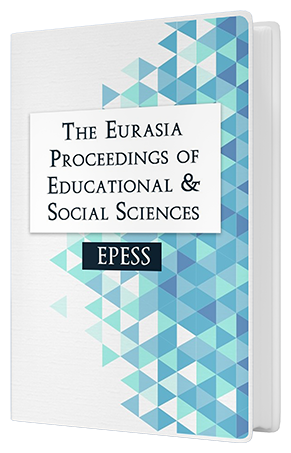Stabilocracy and the Durability of Illiberal Practices in the Western Balkans
DOI:
https://doi.org/10.55549/epess.1351972Keywords:
Stabilocracy, Western Balkans, European Union, Russian Federation, Conditionality.Abstract
The Western Balkans region has been hindered in its development due to a combination of factors, including a lack of democratic principles and increasing competition between Russia and the West. Despite attempts at engagement between the European Union and the Western Balkans dating back to the early 2000s, both the 2008 global economic crisis and the civil war in Syria in 2011 weakened the EU’s focus on the region. At the same time, Russian Federation’s efforts to increase its influence in the region have further encouraged anti-democratic forces and contributed to a rise in Euroscepticism. The populist policies of political leaders seeking to extend their power have further exacerbated the situation, delaying the implementation of EU conditionality principles in the region. While the EU has prioritized stability over democracy to prevent Russian expansion, this stance has been described in academic literature as “stabilocracy”. However, the current research argues that these stabilocratic practices have only further distanced the region from EU standards, thereby deepening illiberal practices and requiring critical examination of their consequences.Downloads
Published
Issue
Section
License
Copyright (c) 2023 The Eurasia Proceedings of Educational and Social Sciences

This work is licensed under a Creative Commons Attribution-NonCommercial-ShareAlike 4.0 International License.
The articles may be used for research, teaching, and private study purposes. Any substantial or systematic reproduction, redistribution, reselling, loan, sub-licensing, systematic supply, or distribution in any form to anyone is expressly forbidden. Authors alone are responsible for the contents of their articles. The journal owns the copyright of the articles. The publisher shall not be liable for any loss, actions, claims, proceedings, demand, or costs or damages whatsoever or howsoever caused arising directly or indirectly in connection with or arising out of the use of the research material. All authors are requested to disclose any actual or potential conflict of interest including any financial, personal or other relationships with other people or organizations regarding the submitted work.




